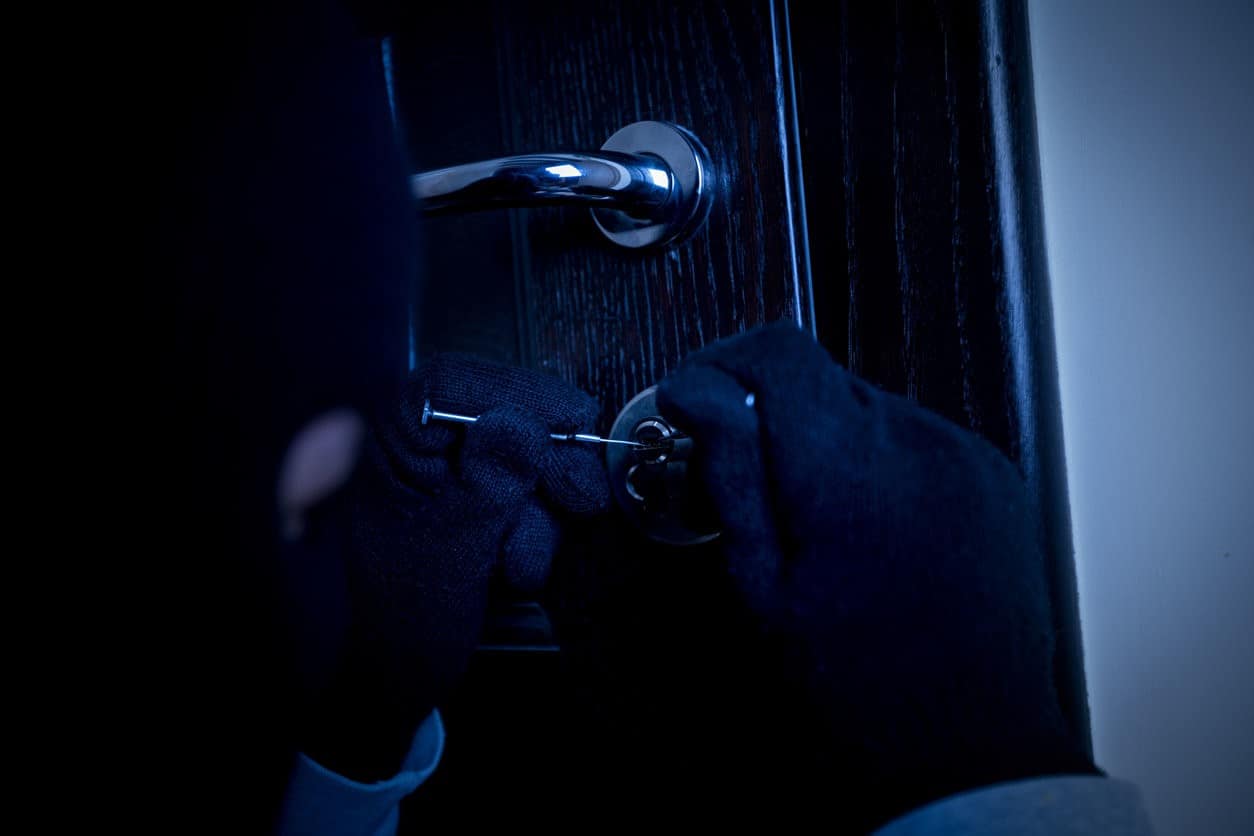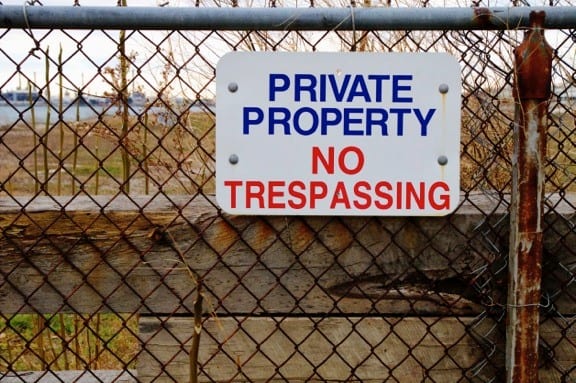Colorado Theft Laws: Penalties and Defense Strategies
July 1, 2025

If you steal, you could be charged with theft.
If you steal, you could be charged with burglary.
What’s the difference?
First off, both charges are very serious. Both burglaries and thefts of over $1,000 are considered felony offenses. The two can also be charged together, along with similar crimes like trespassing.
But theft and burglary are not the same action. Below we will define and explore the penalties for both theft and burglary in Colorado.
Theft is simply the act of taking property without the owner’s consent. For a theft charge to apply, you have to have an intention to permanently deprive the owner of his or her property. Basically, you’re stealing for keeps.
Shoplifting a few items from the mall may not get you charged with a felony, but you would be surprised at how easily slipping a few items into your bag can add up to $1,000. Charges for theft are based on the amount of property stolen:
Harsher sentences can be given to defendants who have prior theft convictions. There are also separate charges given to defendants who commit the following acts:

By definition, burglary is the act of entering a building or container with the intent to commit a crime. Often, this crime is theft, but it doesn’t have to be. Under the law, it can be any criminal act.
Burglary is classified as three different crimes in Colorado, but is often associated with other crimes and charges. Let’s explore the different types of burglary and different associated penalties below:
Third Degree Burglary. Burglary does not have to involve a house or building. If you force your way into a secure container with the intent to commit a crime, you can be charged with third degree burglary. These containers can include a safe, safety deposit box, vending machine, and so on.
Third degree burglary is considered a class 5 felony in Colorado. As we mentioned above, class 5 felonies are punishable by a minimum of one year in prison and a $1,000 fine. Maximum penalties for class 5 felonies without any aggravating factors include three years in prison and a fine of $100,000.
Second Degree Burglary. If you enter your way into a building with the intent to commit a crime, you can be charged with second degree burglary.
Second degree burglary is considered a class 4 felony; being convicted of a class 4 felony comes with a sentence of 2-6 years in prison and fines between $2,000 and $500,000.
First Degree Burglary/Home Invasion Burglary. If the building you break into is a residence or dwelling, you may face charges of a home invasion burglary; this often prompts a judge to give you a harsher sentence if you are convicted.
You may also face a harsher charge/sentence for burglary if you:
First degree burglary and home invasion burglaries are considered class 3 felonies in Colorado. This type of conviction comes with a sentence of 4-12 years in prison and fines of between $3,000 and $750,000.

If you are caught stealing property in a building that you forced your way into, you could be charged with both burglary and theft. Most burglary and theft charges are felonies, so a conviction comes with all of the consequences and lifelong penalties of being a convicted felon. But there are so many elements that make up theft and burglary charges that good criminal lawyers employ a variety of defense strategies that can be used to shorten your sentence and prove your innocence.
About the Author:
Denver-based criminal defense and DUI attorney Jacob E. Martinez is a knowledgeable and experienced litigator with a record of success providing innovative solutions to clients facing criminal charges of any severity. Mr. Martinez has been designated a Top 100 Trial Lawyer by the National Trial Lawyers and has been awarded both the Avvo Client’s Choice Award and Avvo Top Attorney designation, evidencing his reputation for his exemplary criminal and DUI defense work and high moral standards.